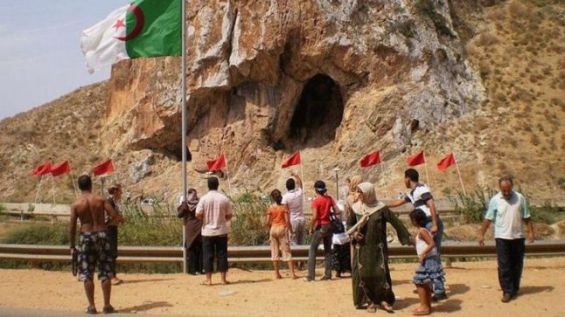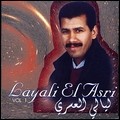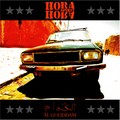Morocco and Algeria are doing their economies wrong through closing the borders, the Economist argues in an article published today. Analyzing the political and economic relations between the two sister nations, the British magazine believes that the Maghreb Arab Union could have been a better choice.
Back in 1989 Morocco, Algeria, Libya, Tunisia and Mauritania promised to form an economic coalition that would guarantee trade and transactions swiftly in the region. According to the Economist «over the decade to 2015, reckons the World Bank, their two economies would each have almost have doubled in size» growing and prospering due to openness and collaboration.
However, things went unexpectedly resulting in building fences and borders. Now «Algeria grew only by 33% and Morocco by 37%, as both governments instead reinforced their barricades», recalls the magazine. Compared to other African regions, the Maghreb union has failed to fulfill its main mission. Giving the example of West Africa, where nations opened borders and allowed trade. Speaking to Adel Hamaizia, an Algerian economist, the British media platform confirms that the Maghreb is «the most separated region on the continent».
Historically speaking the Economist recalls how Morocco and Algeria were glued in the past, having shared practices, traditions, cuisine and even architecture. It was all separated, according to the same source, in 1957 the French «erected an electrified barrier» that was called the Morice Line in order to chase arms traffickers and guerillas located in Morocco, which has been granted independence.
In 1994 Morocco and Algeria shut their borders after fighting for a short period of time a war that they nicknamed «the Sand war». The Economist however argues that both Morocco and Algeria survived the Arab Spring.
Economy, Tourism and Education
When it comes to the advantages they both have, Morocco and Algeria tried to push their economies forward. Algeria for example «produces copious oil and gas», the Economist said adding that the North African republic has «developed a programme of mass industrialisation and agrarian reform after independence». «Algerians spend twice as long in school as Moroccans, and with so much oil, they earn almost twice as much», states the same source.
On the other hand, Morocco has been putting efforts to flourish economically speaking. The British media declares that King Mohammed VI economic openness has been of great help. «The kingdom ranks 68th on the World Bank’s measure for ease of doing business—88 places above Algeria», also it has always been easier to import goods from Morocco than from Algeria. For the Economist «Algeria takes six times as long as from Morocco, and costs almost four times as much».
Morocco has also been an attracting platform for big investors, and international firms such as Renault. The same thing applies to the tourism industry where Morocco is «considered Europe’s premier escapes».
All in all, the Arab Maghreb Union was a way of reinforcing the economies of both Morocco and Algeria. Yet, the attempt was aborted in 1994 when a bomb went off in Marrakech. The Kingdom blamed Algeria while the latter responded by closing the borders and making an end to the initiative.




 chargement...
chargement...












